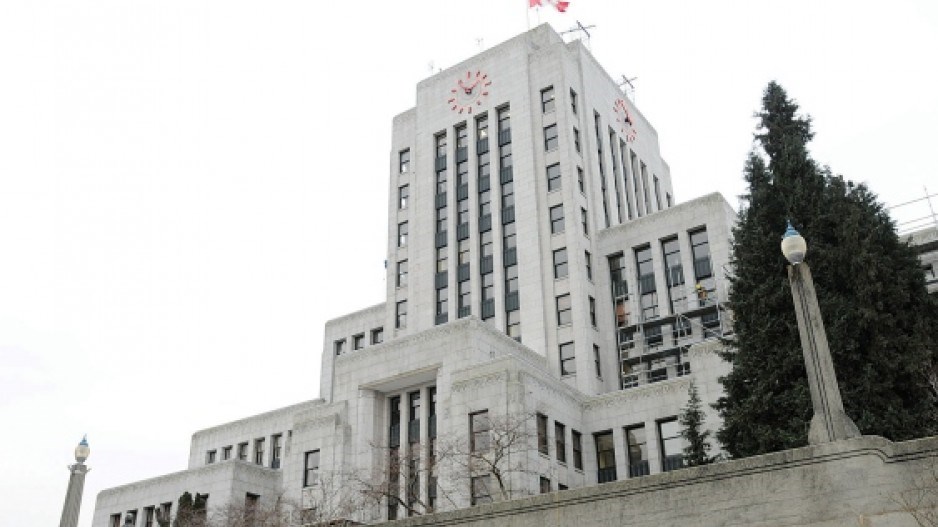There are times an idea doesn’t merit 700 or so words but still needs to be expressed. As a consumer convenience, too, these expressions help the dinner table argument with a family member, the backyard hedge chit-chat with a neighbour, the fitness centre break from your heavy breathing or the social media hectoring of the wide world.
Thus I present, Thoughts That Could Be Columns But Aren’t Quite, Vol. 436:
1. Item: The public service contract settlements. They aren’t surprising economic news directly; honestly, the strikes could have been more costly. But in requiring manager-worker discussions to identify job by job the viabilities of remote work two or three days weekly, the settlements signal an inflection point in our labour history. No matter how people claim otherwise, this will have a serious knock-on effect in the public and private sectors on productivity, innovation, collaboration, creativity, mentoring, advancement, succession and the ancillary white-collar economy, including downtown commerce and those who depend on it. Over two generations the workweek has sprawled in the private sector to slowly, surely lean on many for off-hour tasks (thanks a lot, technology). But it would be better to resolve individual issues of overwork than to use as the trade chip the worksite, the best tool any business has in its growth.
2. Item: The prime minister argues that a foreign agent registry has the potential to target diasporas. Their history in Australia and the United States doesn’t bear that out. Indeed, the absence of one sustains needless suspicion in our communities. For the sake of mitigating racism and of fostering greater social harmony, and for the sake of lifting needless clouds over large parts of our population, it would be wise to bring forward measures like a registry and a substantial public review of foreign interference in our politics and policies. Nothing will ever provide transparency, spies will be spies, but these moves would be steps forward.
3. Item: The provincial government asked municipalities to produce codes of conduct for their councils and staff within six months of the last election, or to explain why they wouldn’t. This exercise is so fraught that it is difficult to know where to begin. First, there are several laws that are clearer and better enforced than any code could be in rooting out bad players. Second, the codes’ creation is in the hands of the people who would be its subjects – elected officials and municipal staff – and they aren’t impartial actors. This is what you do to trick grade schoolers into playing nicely, not sophisticated professionals who know the angles. Third, the codes are bound to vary geographically for no other reason than the whims of these politicians and bureaucrats. It would have been better to establish an independent group to furnish them; it would be best to just let the laws of the land and the oaths of office be the guardrails.
4. Item: Invest Vancouver’s latest report calls for greater early-stage support of the life sciences sector. I’ve become a fan of its regular reports of practical insight into the development of business sectors in our region. By coincidence, a day after the life sciences release, the BC NDP government unfurled what can only be described as a massive word salad on the sector that identified $10 million for so-named “wet labs” and little else it will tangibly feel. Invest Vancouver’s work as a centre of excellence in identifying avenues for regional economic strategy needs governments at all levels to sufficiently respond.
5. It is a consensus view that the generational talent and socio-economic sports industry bonanza of North Vancouver’s Connor Bedard will be drafted first overall in the upcoming National Hockey League draft by the Chicago Blackhawks, a team still contending with a sexual assault scandal. (Vancouver Canucks fans couldn’t lose often enough in the late season under their new coach to improve their draft odds.) But what if Bedard took a page out of former NHL first pick Eric Lindros’ playbook (he balked at Quebec City and was traded to Philadelphia) and insisted on playing where he wanted? Agreed, this is written out of self-interest, but why not Bedard and his leverage to change the script to play where he grew up and surely would love to be?
Kirk LaPointe is publisher and executive editor of Business in Vancouver and vice-president, editorial, of Glacier Media.



